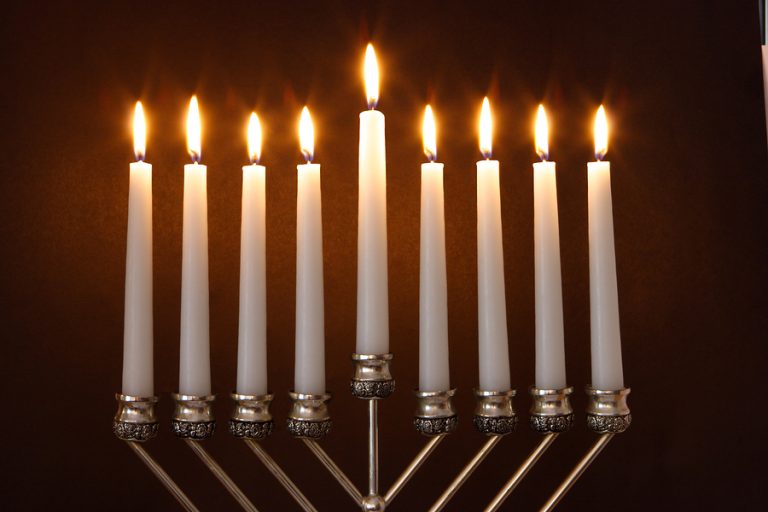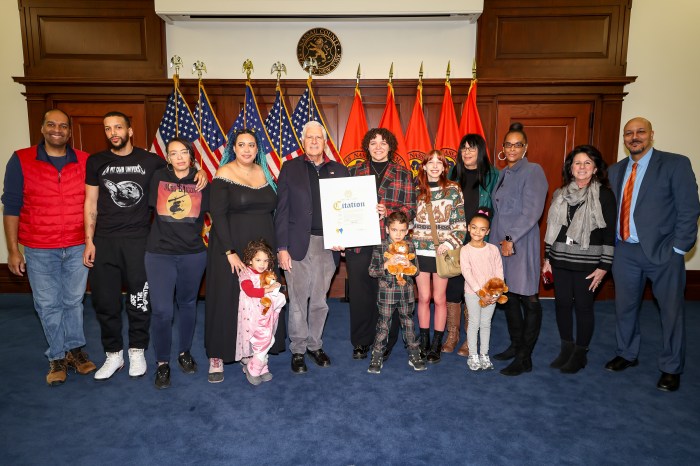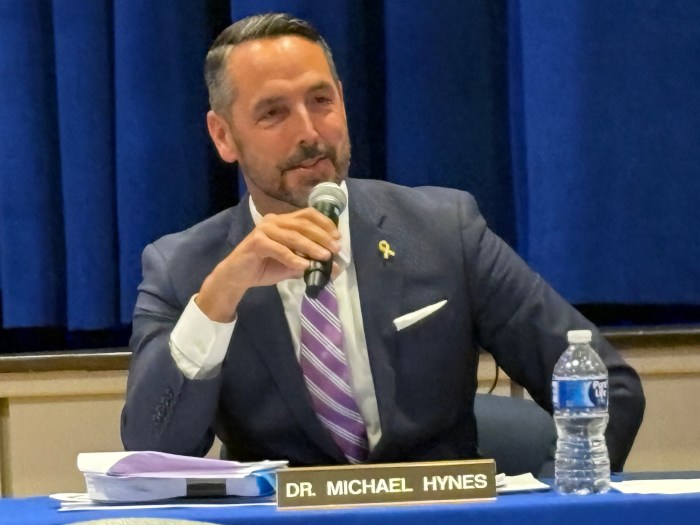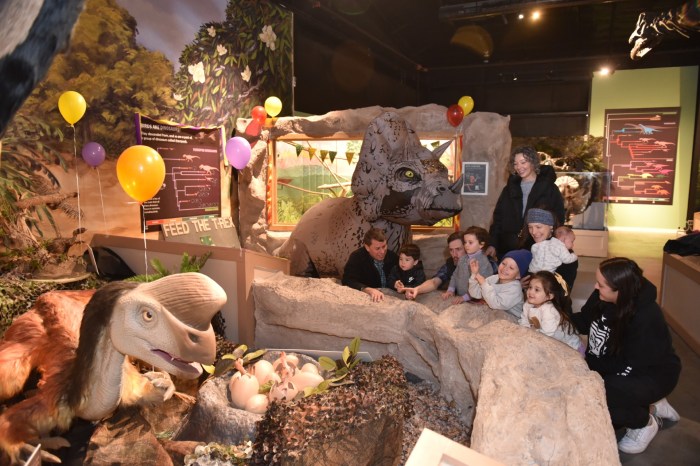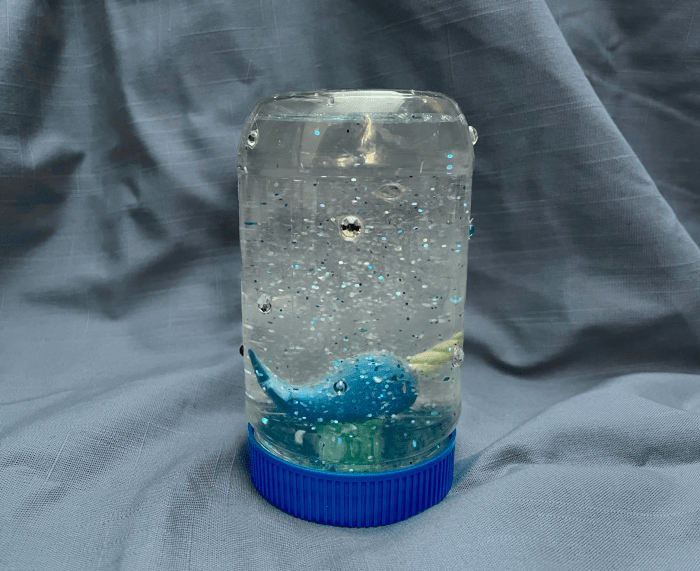Halloween is a fun time for kids – a chance to dress up in their favorite costumes and collect sweets around the neighborhood. But it can also pose hazards to youngsters, so before setting out for the afternoon and evening, consider these helpful precautions for trick-or-treaters and parents alike.
“Halloween should be memorable for the costumes, the parties and the big sacks of candy, not because someone got hurt or sick,” says Dr. Lynda Gerberg, Lead Pediatrician at Northwell Health-GoHealth Urgent Care. “We can keep our trick-or-treaters safe by taking a few extra precautions before they head out.”
Dr. Gerberg shared her advice for parents and those handing out candy to help ensure a safe and fun Halloween 2024. Her advice for parents includes:
- Lighting them up. Give your trick-or-treaters flashlights or glowsticks so they can see and be seen in the dark. Consider adding reflective tape to costumes, shoes and trick-or-treat bags for extra visibility.
- Choosing Smart Costumes. Make sure masks don’t impair breathing or vision. And check that clothing isn’t so baggy as to cause tripping. Falls and trips while trick-or-treating are a common source of injuries. Most injuries can be prevented by choosing the right costumes or adjusting before sending kids out.
- Setting Expectations. Start by talking about the evening’s plan with your kids. Whether your older child will be venturing out with friends, or you will be supervising the festivities, discuss who they will be with, where they plan to trick-or-treat, whether they have a curfew, how often they should check in and what to do if they run into trouble.
- Talking Safety. Kids don’t always want to hear it, but your conversation should also touch on important safety considerations when out trick-or-treating. Remind youngsters not to go into a stranger’s home, not to approach pets, to stay with their group and to use crosswalks. And discuss what they should do if their evening gets disrupted or they need help. This could include designating a “safe house” of a known family friend where they can go to seek shelter or summon help. Some families find it helpful to decide on a code word that kids can use over the phone to discreetly tell their parents to come get
- Checking the Haul. Kids are always excited to dive right into their candy haul, but it’s a good idea to have an adult go through it before anything is eaten. Make sure wrappers are still sealed and throw away any loose or opened candy that may have been tampered with. Some types of candy, such as hard, round style candies, may not be safe for younger children and should be set aside as well (or may be traded with an older sibling for a treat that is more age-appropriate).
- Considering Special Needs. Halloween can be particularly stressful for children diagnosed with autism spectrum disorder. To ensure they enjoy the evening as well, it’s important to avoid or limit sensory triggers. That could include skipping homes with fog machines, strobe lights, loud sound effects or startling animatronics. It can also include choosing the right costume. Those with itchy tags, tight collars or constrictive masks should be avoided. Have your child try on a costume a few times before Halloween to make sure it’s
- Watching Out for Allergens. Consider having your child take an antihistamine before going outside for trick or treating. If your child suffers from severe allergies, take an Epi-Pen with you. Food allergies or sensitivities can be hard for children to navigate during Halloween. Have an empathetic discussion with them beforehand about which candy is appropriate for them and plan ahead for how to handle candy they shouldn’t eat; they could trade with a friend or sibling.
Halloween safety also applies when handing out candy. Making your home feel safe and welcoming for trick-or-treaters is important. When kids arrive for trick-or-treating, keep Gerberg’s tips in mind to make sure those who stop by are safe while having fun:
- Provide Well-Lit Paths and Doors. Help trick-or-treaters find your home safely by keeping the path to it well-lit. Halloween-specific decorations that provide ample light to prevent trips and falls are readily available online and in stores. Turn on your porch light to signal that you’re giving out candy and to make sure everyone can see.
- Secure Pets. Pets can become anxious, overly excited, or even aggressive on Halloween. The constant ringing of the doorbell and all the strangers coming to the door can sometimes be a bit much. It’s important not only to protect pets but also trick-or-treaters. Consider putting pets in a quiet room or crate away from the door. If you know your pet is prone to becoming anxious or aggressive, consider boarding them for the evening to ensure Halloween is safe and stress-free for everyone.
- Offer Allergen-Free Treats. Nut allergies have become quite common and can cause extreme reactions in certain people. Also, many kids are allergic to ingredients such as chocolate or milk. Keep that in mind when deciding which candy to hand out, or consider giving out a non-food option, such as a small toy. A new trend we’re seeing: Some households will place a teal-colored pumpkin (real or fake) on their doorstep to indicate they are an “allergy-free” stop. Some neighborhood sites also share maps showing allergy-free homes.
- Be Mindful of Special Halloween can be stressful for kids with special needs. As you decorate your home, keep in mind that loud noises, strobe lights and certain decorations can be sensory triggers for kids with autism spectrum or other disorders. Likewise, children in wheelchairs or with other mobility issues may have trouble accessing your door, so you may wish to stay on your porch or hand out treats in the driveway instead.
- Practice Jack-O’-Lantern Safety Measures: Everyone loves a Jack-o’-lantern on the porch, and candles are a common tool to make them light up. But candles can also pose a fire hazard. Consider using glow sticks or battery-powered tea lights instead.
Northwell Health-GoHealth offers pediatric urgent care designed for kids and is staffed by pediatric specialists during the day, after hours and on weekends. Three Northwell Health-GoHealth centers in Lake Success, East Northport and Hewlett were presented with the “Autism Friendly Designation” last month. Northwell Health-GoHealth is the first urgent care provider in the nation to earn the Autism Friendly Designation from Autism Speaks, signaling its commitment to providing the highest quality of inclusive service. For more information, visit https://www.gohealthuc.com/northwell





